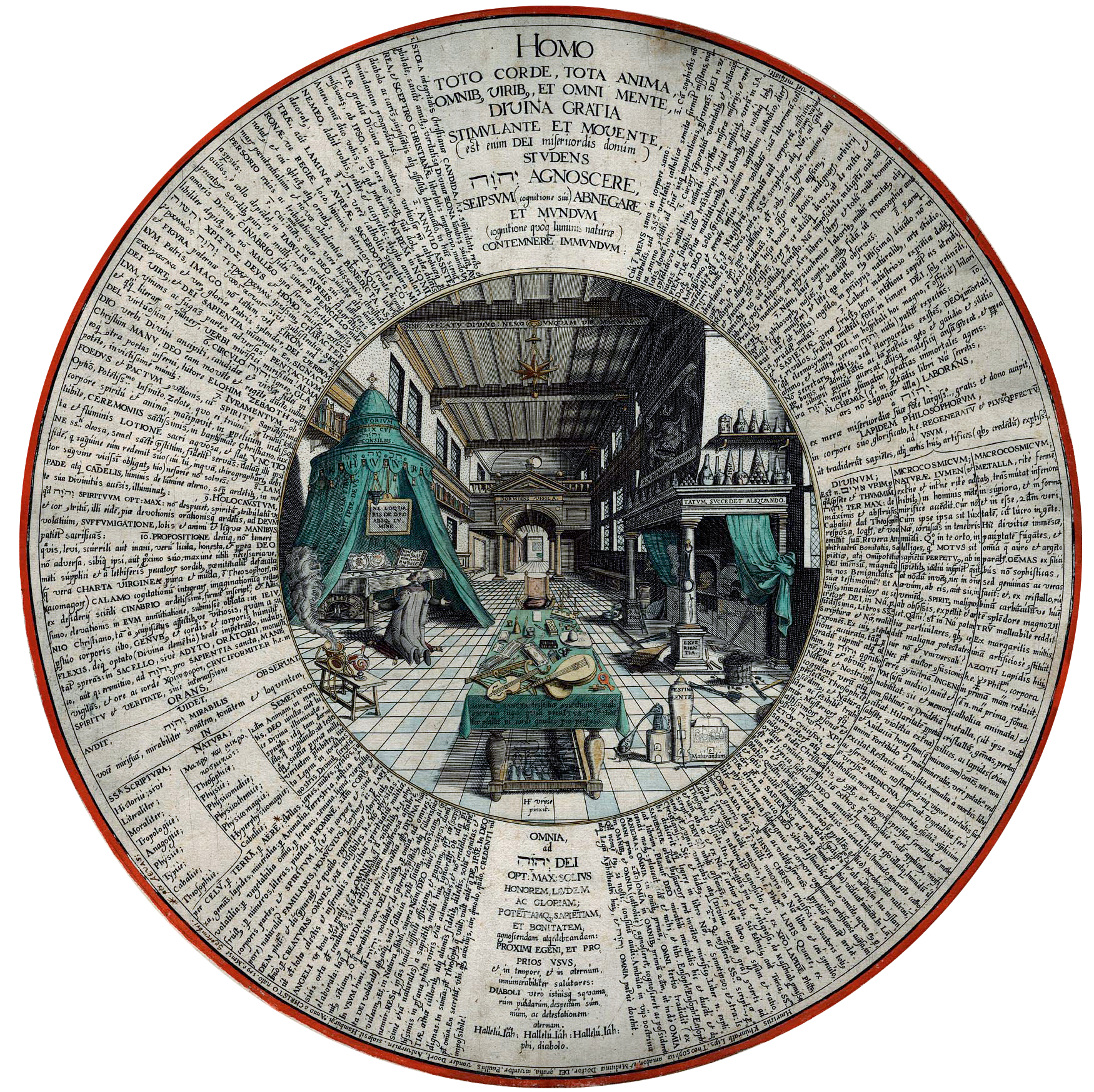What is the future of work? From business forums to think tanks to Congress, leaders are grappling with the question of how new technologies are reshaping employment in the 21st century — and how America’s institutions of higher education should respond.
Much of the focus, understandably, is on the importance of science, technology, engineering and mathematics. But the public discussion sometimes implies that, in the digital age, only the STEM disciplines are relevant. There is less emphasis on the intrinsic value of the arts and humanities, less understanding of how they, too, can help shape the future of work and, thus, less consideration of the benefits of integrating these disciplines….
Last week, a new National Academies of Sciences, Engineering, and Medicine study bolstered the case for education that integrates these fields, including medicine. In fact, the study committee extended the acronym to include medicine (STEMM). Conducted over the past two years, the study offers compelling evidence that integration has a positive impact on the learning outcomes of students, who carry the benefits far into their careers.
For the report from the National Academies, see here.
h/t Robert Townsend









Leave A Comment